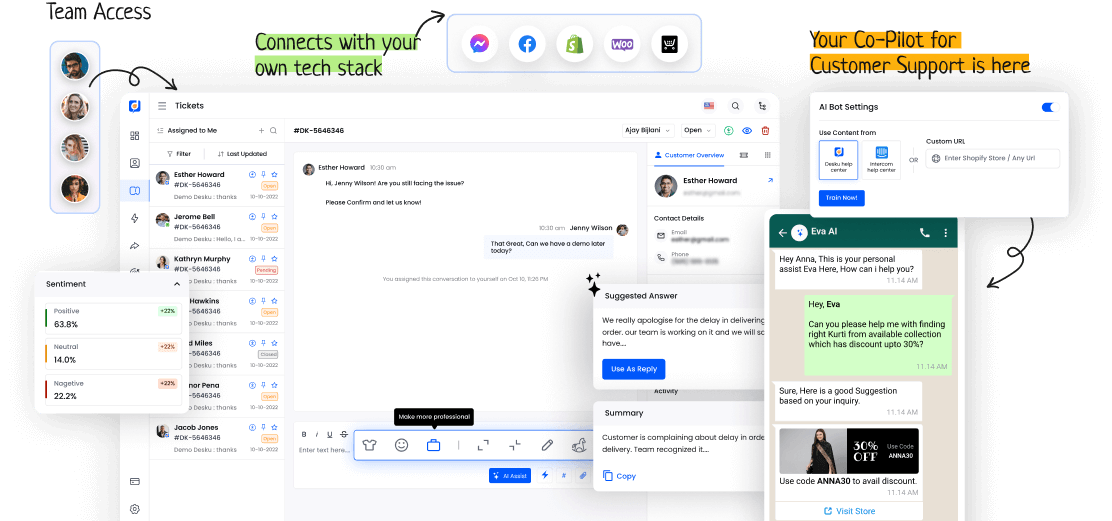Call center software offers a range of benefits to businesses, including improved customer service, increased efficiency, and cost savings. With call center software, businesses can automate customer service tasks, such as routing calls, tracking customer interactions, and providing self-service options. This helps to reduce wait times and improve customer satisfaction. Additionally, call center software can help to streamline processes, such as call logging and reporting, which can help to reduce costs and improve efficiency.
When selecting a call center software solution, look for features such as automated call routing, call recording, call analytics, customer relationship management (CRM) integration, and reporting capabilities. Additionally, consider features such as IVR (interactive voice response) systems, call queuing, and self-service options. Make sure the software is user-friendly and can be easily integrated with existing systems. Finally, ensure the software is secure and compliant with industry regulations.
Call center software can help improve customer service by streamlining communication, automating processes, and providing customer insights. By streamlining communication, call center software can help agents quickly and efficiently respond to customer inquiries. Automating processes can help reduce the time it takes to complete customer requests, while providing customer insights can help agents better understand customer needs and preferences. Ultimately, call center software can help improve customer service by making it easier and faster for agents to respond to customer inquiries.
Call center software is a type of customer relationship management (CRM) software that helps businesses manage customer interactions. There are several types of call center software, including:
1. Predictive dialers: Predictive dialers are automated systems that dial multiple numbers at once and connect customers to agents when a call is answered.
2. Interactive voice response (IVR): IVR systems allow customers to interact with a computerized voice to access information or complete transactions.
3. Automated call distribution (ACD): ACD systems route incoming calls to the most appropriate agent based on customer needs.
4. Computer telephony integration (CTI): CTI systems integrate phone systems with computer systems, allowing agents to access customer information while on the phone.
5. Call recording: Call recording systems allow businesses to record and store customer conversations for quality assurance and training purposes.
6. Workforce management: Workforce management systems help businesses manage their call center staff by tracking agent performance and scheduling shifts.
The cost of call center software can vary depending on the features and capabilities you need. Generally, you can expect to pay anywhere from $50 to $500 per user per month for a basic system, with more advanced systems costing up to $1,000 per user per month. For a more accurate estimate, contact a call center software provider to discuss your specific needs.





